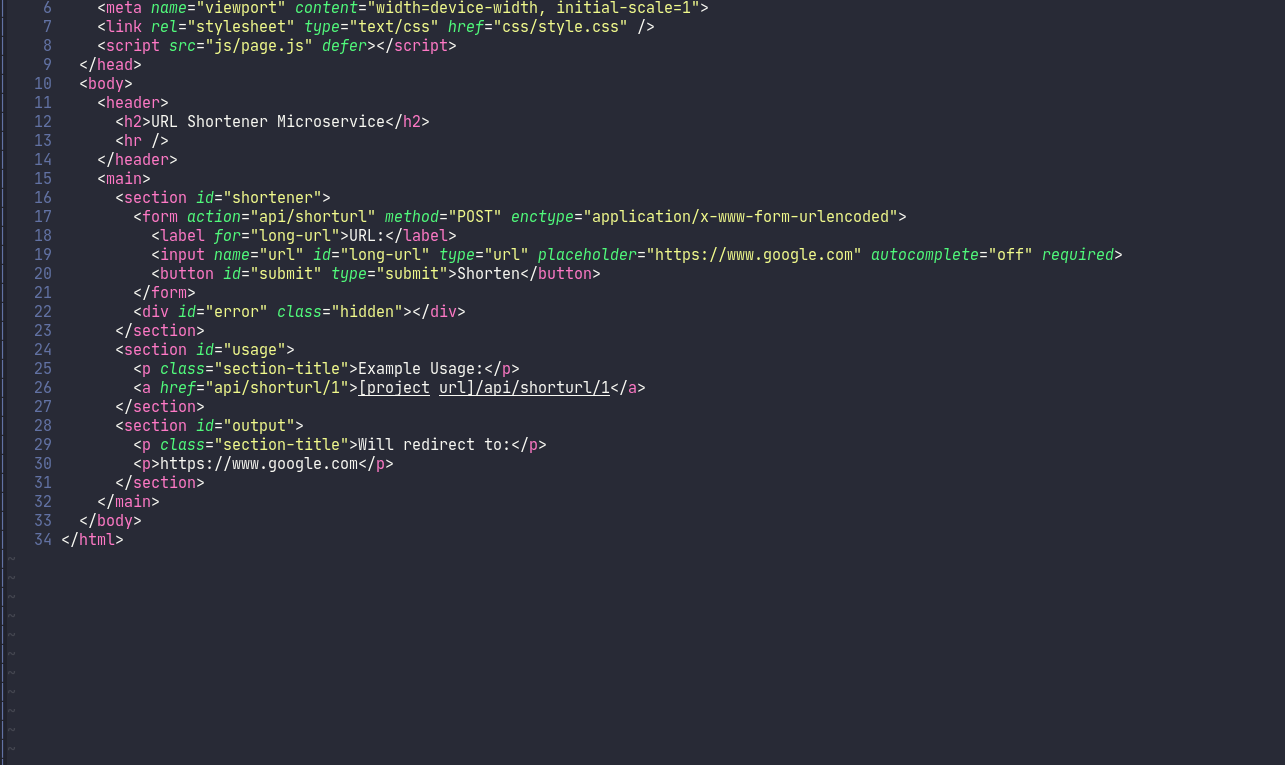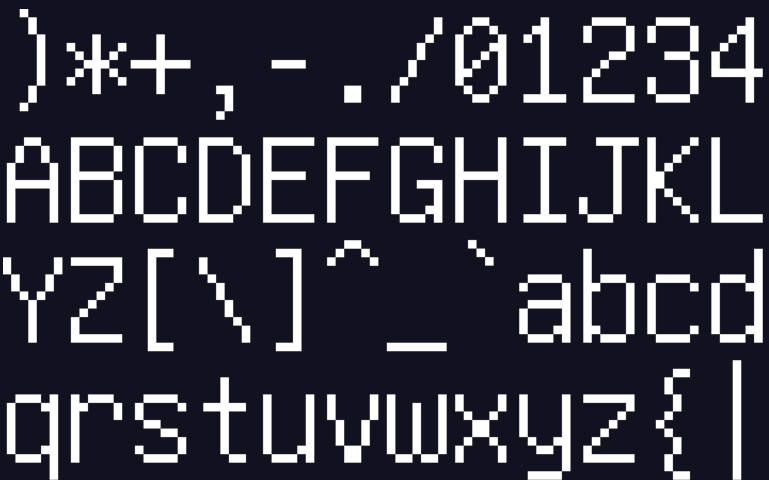So, you are in a point in your life where you are considering switching careers. You have given it a lot of thought and decided that you would like to be a software developer. You have a lot to learn before you can make the switch, but not enough time because you have a demanding full time job. What do you do?
This is the exact situation in which I have found myself at the start of this year.
After 10 years of working in the media industry, I have reached the point where I feel completely unhappy at my job. And it is not just the job I don’t like, but the entire industry.
After giving it some thought and talking to some of my friends and family members, I decided that I would like to try switching careers into software development.
The problem is that I work as a video editor full time. In addition to my day job, I tend to do some freelance work, which is usually even more demanding. This means that I end up working up to 10, 12 or even 14-hour shifts on some days.
How on earth am I going to study and practise to improve my programming skills?
If this is where you are at the moment, let me share some important tips that helped me during the past 8 months of learning and practicing. During these months, I have managed to learn a lot of skills and I even started building my own app.
Here is how I managed to do it.
Manage your expectations
This is really important. To get a job as a developer, there are a lot of things you need to learn.
Acquiring all the necessary skills to get your first job can take months, and sometimes years, even if you are studying full time.
When you are doing it with a full time job, you have to manage your expectations or you will end up getting really frustrated. It can feel even worse if you are active in the tech communitites on social media platforms. You will see a lot of people successfully getting their first jobs, while you still feel like you are nowhere near the time you feel confident enough to even apply for a job.
For you, your progress will be much slower and the journey will probably take longer. But that is normal. Don’t let that get to you and don’t try to compete with anyone. People have different circumstances and they learn at different paces.
Set your own pace and just enjoy the journey.
Be dedicated
As fun and rewarding it can be to learn programming, it can also be very tough at times. This is why people need a lot of dedication.
With a full time job, you will need to display even higher levels of dedication to get there. Since you don’t have enough time, you will end up having to sacrifice some of the times that you would normally dedicate to taking breaks or enjoying time with the family. This can be really tough. The last thing any of us want, after a long day or a tough week at work, is to have to sit down to study and practise.
Unfortunately, until we figure out a way to make our days longer, this is the only way you would be able to learn programming to switch careers while keeping your full time job.
Be consistent
Lots of people mistake being dedicated for having to spend hours upon hours studying and practising. This is not necessary, especially in this case where you don’t have enough time already.
It is more important to be consistent with your studying. There is no point in spending 6 hours today, and then doing nothing for a week because you over-worked yourself. It is much more useful to spend an hour or two, or even 30 minutes, consistently, whether it is daily, every other day, or whatever else that you can fit in your schedule.
You need to incorporate studying and practising in your routine to make it into a habit. One useful thing you can do to achieve that is to do the 100 Days of Code challenge. The rules of the challenge state that you need to code for a minimum of an hour every day. However, if you can’t do it daily, figure out how often you can do it based on your schedule.
Relax and give your body a break
This is somewhat related to the first tip. You need to relax and avoid stressing yourself out over your progress and the time available to you for studying.
As I mentioned above, being consistent doesn’t mean you have to study every day. After long days at work, you might not have any energy left. Don’t feel bad about this. Just listen to your body and take a break.
Ignoring how your body feels will only result in you burning out which means you will probably end up having to take a long break from coding. It is much better to take a day or two off by choice than to be forced, because of burnout, to take weeks or even months off.
Celebrate your achievements, no matter how small
For me personally, this tip has always been the toughest to follow. I tend to downplay my achievements. I used to find it really hard to share any of my work because I always felt like people might not like it.
However, I have been trying to change this lately. Again, the 100 Days of Code is very helpful here, because you are asked to share your progress with the tech community. But you can also share your progress with some of your best friends or family members, even if they aren’t into programming. Chances are they will find what you are building really cool and would be impressed by it.
This will give you a huge confidence boost that can push you through the next time you gety stuck trying to figure out something.
And that is it. Now, following these tips doesn’t guarantee that you will be successful in switching careers into programming. In fact, I haven’t even started applying to jobs myself.
But, one thing for sure, this will help you keep going and pushing until hopefully, one day, you get your dream of switching careers.


